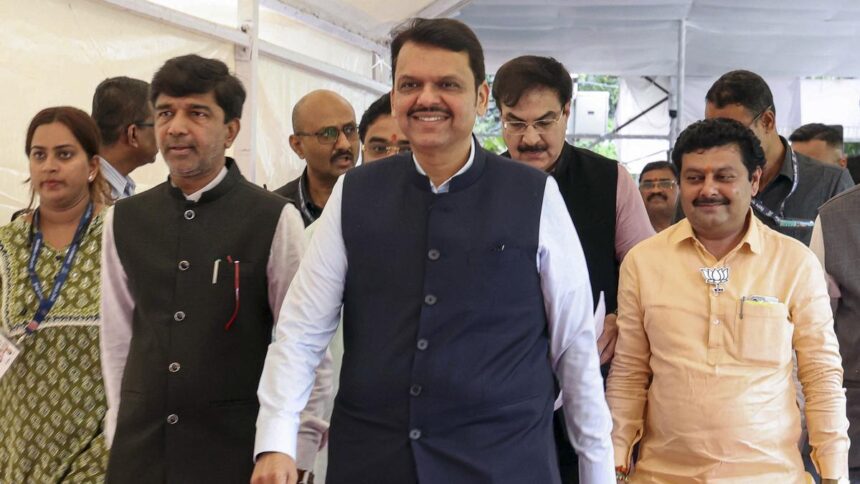
Clarity is required about the means adopted by political parties to manage data, the court said.
| Photo Credit: ASHOK R.
The Madurai Bench of the Madras High Court on Monday by an interim order restrained the ruling DMK from sending OTP verification messages to mobile phones of people during its ongoing ‘Oraniyil Tamil Nadu’ membership drive. A Division Bench of Justices S.M. Subramaniam and A.D. Maria Clete said interim injunction was being granted to the limited extent (of OTP messages) till the issue of right to privacy and data protection were examined in detail, since fundamental rights of the people are at stake.
The court noted during the door-to-door membership drive, personal information, including mobile phone numbers, were obtained and OTP verification messages were sent to the phone numbers. There is a concern of data breach. “Data protection of the individuals is an essential element of Article 21 of the constitution. In the absence of accountability and transparency in the data collected from individuals across the State it is an issue which needs elaborate analysis,” the judges said.
The data could potentially be used by third party companies, who are managing the data for political parties and serious concerns on privacy are at the forefront. The infrastructure available for collection and protection of individual data in the membership drive are not made clear. Data protection and voter data privacy are the essential facets of Article 21 of the Constitution and falls within the ambit of right to privacy, the court observed.
The judges felt information about personal political affiliation can be used to disenfranchise voters through voter surveillance. “Digital membership drives conducted by political parties in recent times are a new area of study whereby there is a clear departure from conventional modes of inducting party members,” it pointed out.
A clarity is required as to the means and infrastructure adopted by the political parties to collect, process and store data from the public. How the data is stored and processed and the implications on the right to privacy of the voter including the right to privacy of the political affiliation ought to be examined.
Noting valid and free consent is an essential part of such membership programmes, the court said no force or coercion should be employed and directed the DMK to provide details on the data privacy policy employed in the membership campaign and ensure the security of the data collected and whether ‘informed consent’ was obtained from the individuals.
“It is also to be seen if other smaller or economically challenged political parties will be put in a disadvantageous position and will it disturb the level playing field in the election thereby impacting Article 14 of the Constitution,” the court observed while hearing the public interest litigation petition filed by S. Rajkumar of Sivaganga district.
The court ordered notice to the Centre and the State government and DMK and posted the matter for hearing after two weeks.
In her separate order to the one authored by Justice Subramaniam, Justice Maria Clete observed she agreed to grant interim order in light of the serious concern relating to personal data protection and digital privacy. However, she made it clear such relief was extended with circumspection, particularly in the absence of a counter affidavit and without full knowledge of the programme’s operational framework.
Justice Clete associated herself with the operative interim direction. However, she expressed “respectful reservation” with regard to that paragraph of the order on smaller or economically challenged political parties as it contained certain broader observations which in her view were not immediately germane to the legal and factual matrix present before the court.
The judge directed the matter may be listed for further hearing on the filing of the counter affidavit and production of relevant materials by the respondents.
Ends
Published – July 21, 2025 11:06 pm IST




















